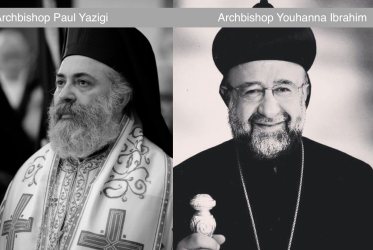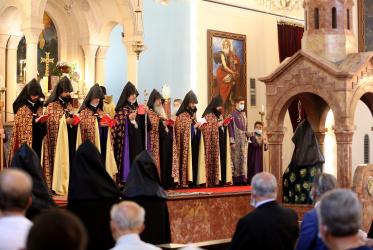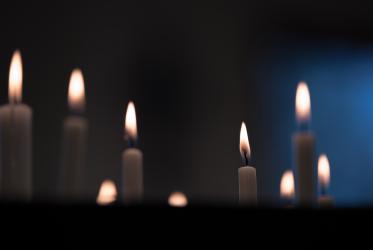Displaying 61 - 80 of 290
28 February 2022
Planting trees and working for peace in Palestine
26 January 2022
In Lebanon, “without peace there is no justice”
21 July 2021
In pictures: Week of Prayer for Christian Unity
01 February 2021
COVID-19 in conflict zones: “a crisis within another crisis”
27 November 2020

















